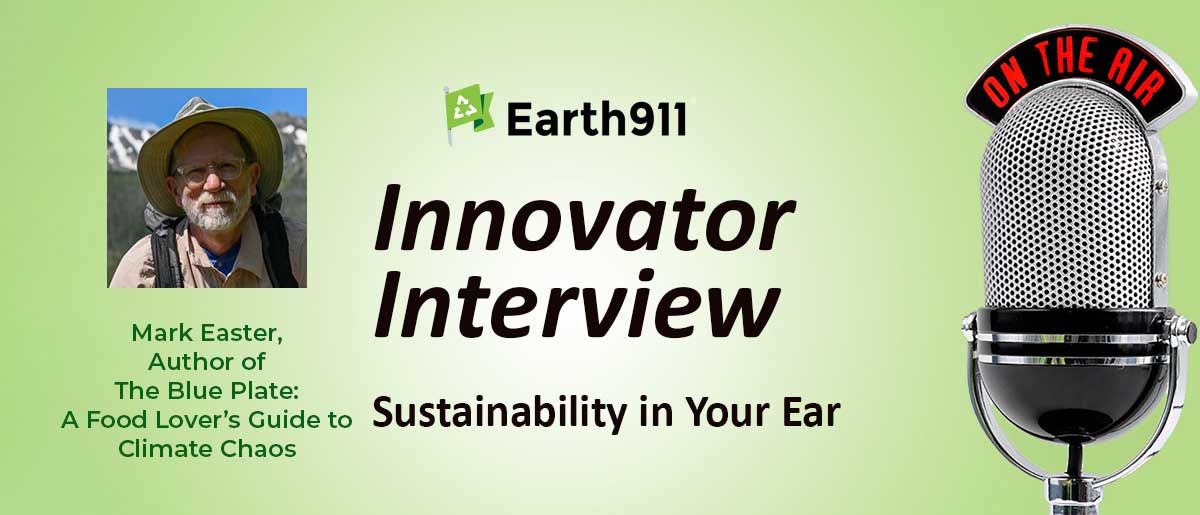The global food system is one of the largest contributors to greenhouse gas emissions, responsible for about 25% of annual anthropomorphic CO2 emission, the unfortunate, planet-warming exhaust of our industrial society. But what if we could eat our way out of the climate crisis? Author Mark J. Easter joins the conversation to talk regenerative farming and his new book, The Blue Plate: A Food Lover’s Guide to Climate Chaos. He explores how we can change our diets to help restore the environment — he gets to the roots of the challenge, a failure of industrial farming. As an ecologist who has spent years studying the carbon footprint of food at Colorado State University, Mark connects the dots between what we eat, how it’s produced, and its impact on our planet.

In The Blue Plate, Mark plumbs the concept of regenerative agriculture and carbon farming—showing how these practices can not only reduce the carbon footprint of food but also actively restore ecosystems. From the smallest urban farm to sprawling agricultural lands, he argues that how we grow, process, and distribute food holds tremendous potential for climate solutions. For instance, he reports on the innovative use of cover crops and perennial grains like Kernza, a perennial grain, which has been shown to pull carbon from the atmosphere and store it in the soil—effectively turning farming into a climate-positive practice. Mark’s journey from greenhouse gas accounting to becoming an advocate for low-carbon meals is filled with fascinating insights into how the food system shapes the world we live in—and how, with the right approach, it can help reverse some of the damage done to the environment.
Source link
Mitch Ratcliffe earth911.com

